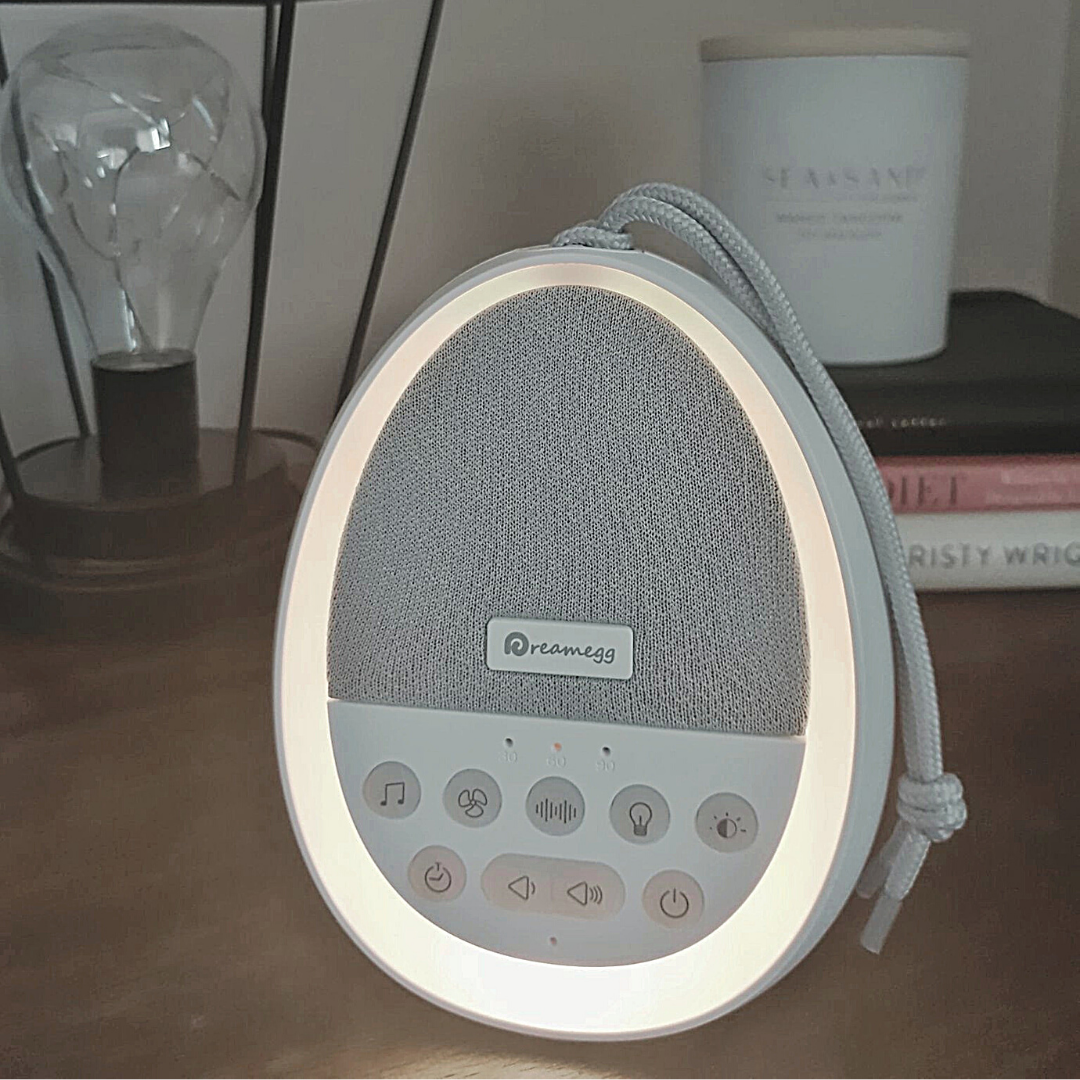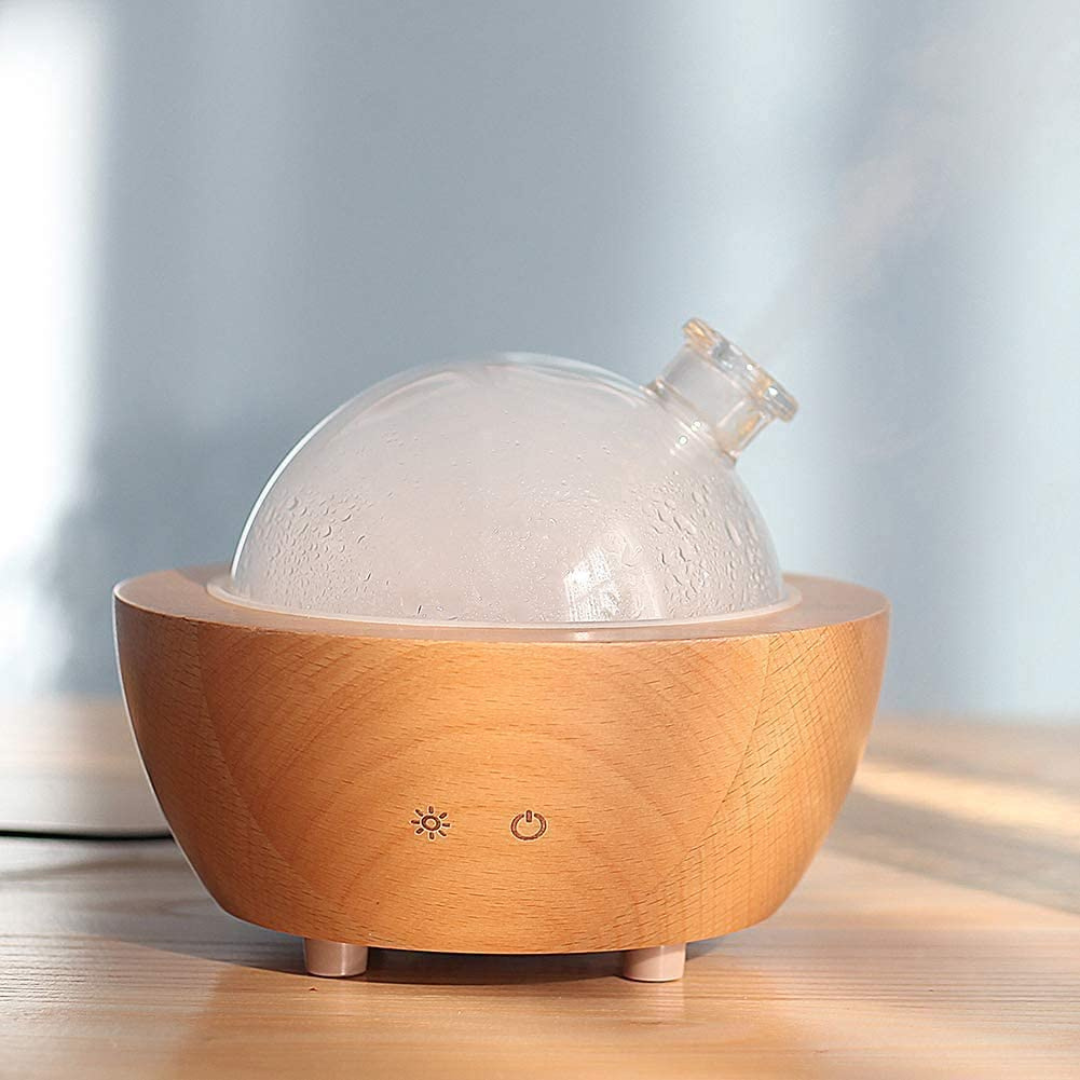|
|This article will focus on the differences between a clinical diagnosis of the mental health condition of depression compared with a general feeling of overwhelming sadness or unhappiness. It can be important to know when to seek more help with feelings related to depression in order to be properly diagnosed and to start receiving professional treatment.
Please note: While the information given in this article has been written by a therapist and referenced from reputable online mental health sources, this article does not contain medical advice. If you, or anyone you know, is concerned about symptoms that could relate to depression or any other mental health condition, I encourage you to seek further support from a doctor to investigate more into what's happening for you specifically, or to reach out for immediate help if you are feeling unsafe in any way.
Depression versus Sadness
What is the difference between depression and sadness? Often times, people may say "I'm feeling really depressed today" and while this person may be experiencing feelings of sadness, low energy, or just feeling really down in general, being diagnosed with a depressive condition is much different than an experience of short-term unhappiness.
Clinical depression can be associated with feelings of severe despair over an extended period of time and induce feelings of hopelessness which can impact all areas of a persons life. Many people may try to hide their symptoms and suffer in silence even though depression is a widespread medical condition impacting over 300 million people worldwide.
Watch the 4-minute TED talk below for a narrated and illustrated explanation about the differences between clinical depression and feelings of sadness.
Areas to consider if you are concerned that you may be experiencing clinical depression versus an experience of extreme sadness (rate on a scale of 1-10, 10 being the worst):
If you are experiencing any of the above concerns in a severe way, for most of the day, and for at least two weeks, you may want to consult a doctor for a thorough assessment as these symptoms may relate to a diagnosis of depression. Without adequate professional support, the symptoms related to depression can become worse and even unmanageable. In comparison, feelings of general sadness usually dissipate over time or can be lifted with changes in lifestyle and diet. With support, clinical depression can be treated, and we will visit both self-care strategies and professional treatment options for depression in an article later in this series.
Resources
Chances are quite high that depression will touch your life in some way, and even if you are not directly impacted by this mental health condition, you may know a friend, family member, or colleague who has experienced depression. Having an understanding that depression is not simply a 'choice' or character flaw, but a diagnosable medical condition, can help you to offer support to individuals experiencing this really difficult diagnosis.
Check out the resources listed below for more information about depression including memoirs written by individuals who have experienced clinical depression in their lives. Publications
Crisis Supports
MENTAL HEALTH RESOURCE VAULTGreat!Check your email for instructions on how to access the Members Only Resource Vault. Additional Resources
References: cmha.ca; who.int; beyondblue.org; healthline.com; webmd.com; depressionhurts.ca
Some links on this page are embedded with affiliate links that I may receive compensation from at no additional cost to you.
12 Comments
3/15/2017 12:42:08 pm
I completely agree.. having support (or a diagnosis) early on can really help. Thanks for your comment!
Reply
3/15/2017 12:46:57 pm
I think the video does a great job at outlining the information and differences.. it was a perfect fit for my post. :) Glad you liked it!
Reply
3/15/2017 10:26:49 am
Thanks fof sharing this. This is a great informative post that highlights the differences between depression and sadness, between having depression and feeling depressed. This post is definitely a must read!
Reply
3/5/2020 12:42:01 pm
You're very welcome - and thank you very much for the comment, Andrea.
Reply
3/15/2017 10:28:30 am
I suffered terrible post-partum depression after the birth of my first son. It was all of this. Terrible! This information is very important for family too because telling someone its just a little sadness and it'll pass or just think positively does not help.
Reply
3/5/2020 12:43:34 pm
I can imagine that going through this experience would have been very difficult for you to go through.. especially with a newborn son. It can be important for friends and family to have an understanding of situations that can cause depression and how they can help. Thanks for your comment!
Reply
3/5/2020 12:40:05 pm
I am so appreciative for your kind words. I hope that my articles bring awareness and hope to those impacted by mental health. All the best!
Reply
Your comment will be posted after it is approved.
Leave a Reply. |
Welcome to the blog!↓ That's me, Heather. :)
MENTAL HEALTH RESOURCE VAULTGreat!Check your email for instructions on how to access the Mental Health Resource Vault. Categories
All
Popular Posts// 25 Positive Mindset Quotes
// Self-Care Bullet Journal Spreads // 7 Ways Your Physical Health is Connected to Your Mental Health |
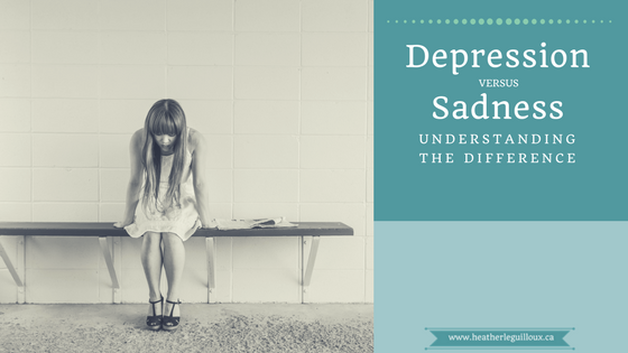
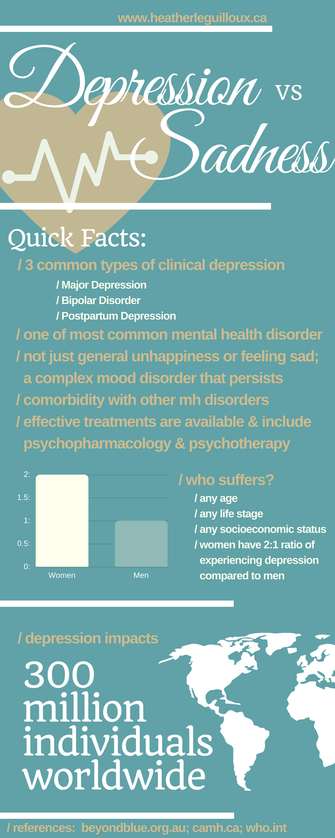

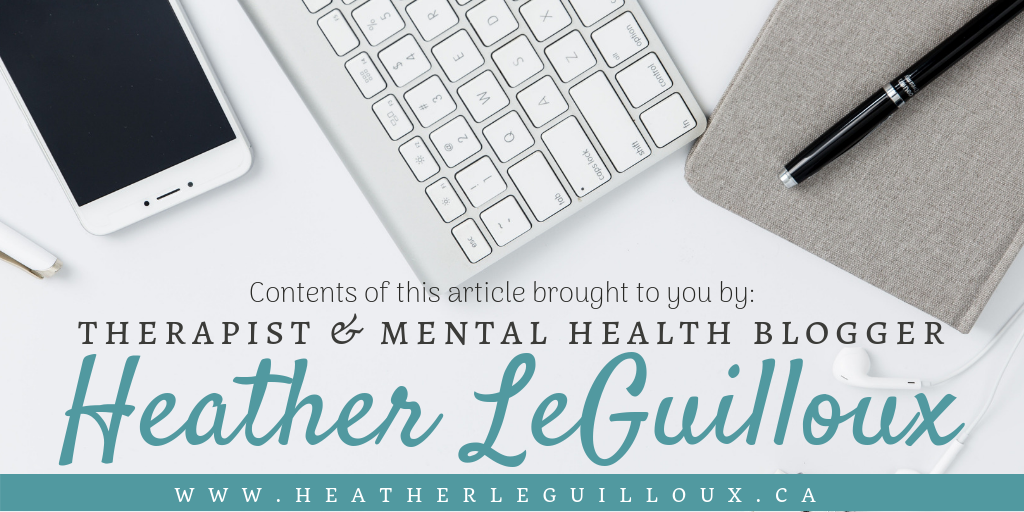

 RSS Feed
RSS Feed











